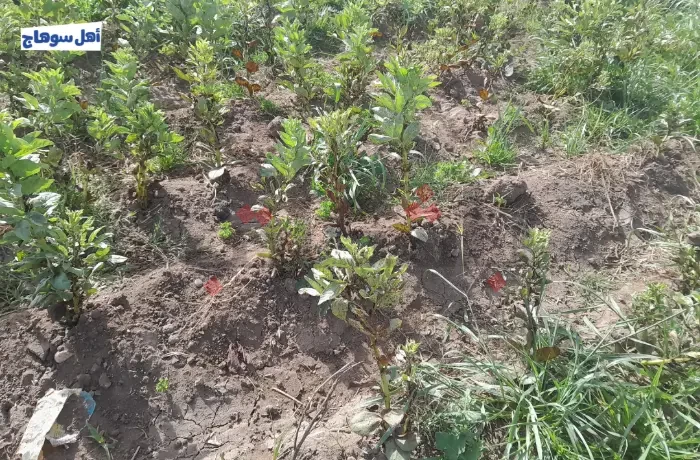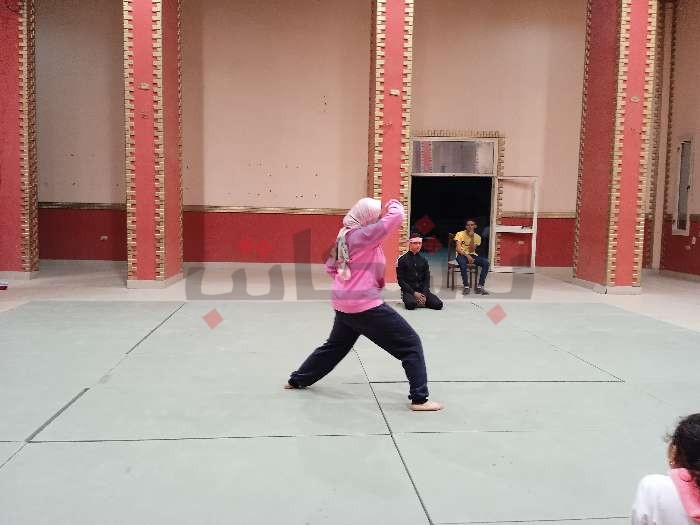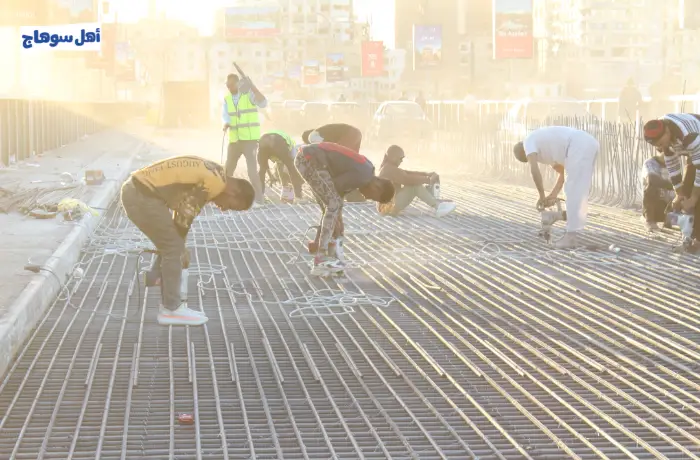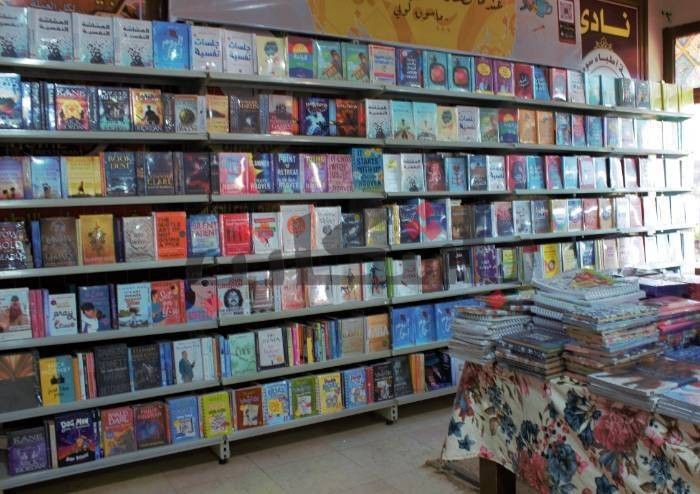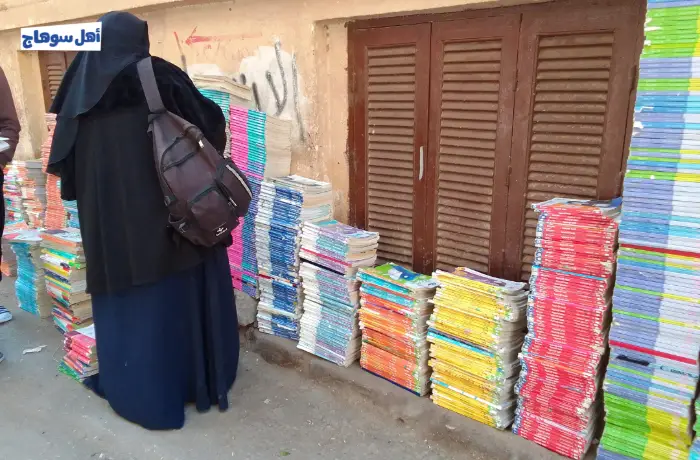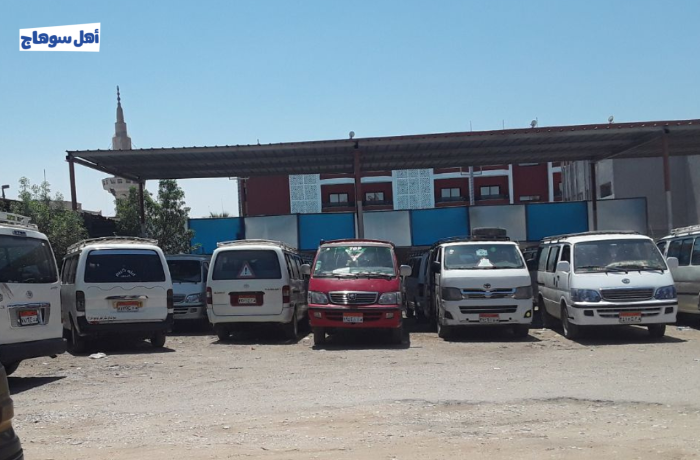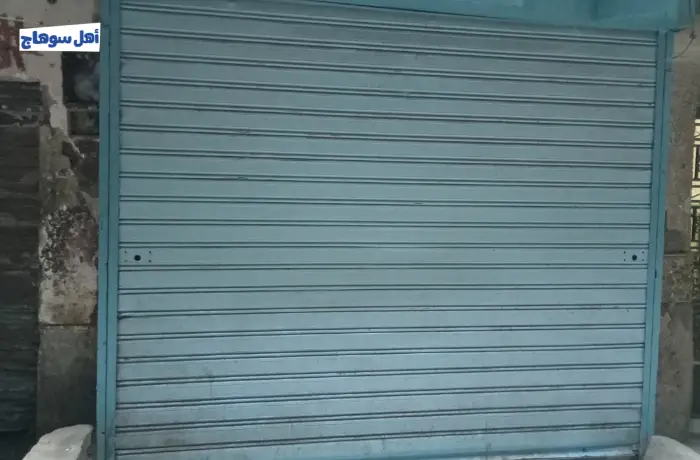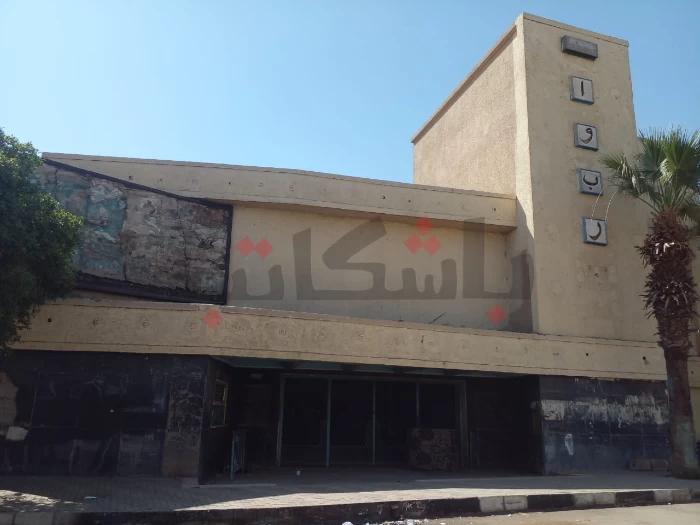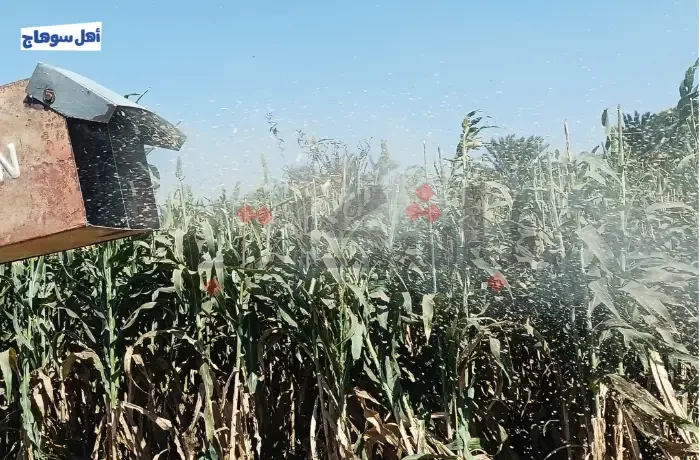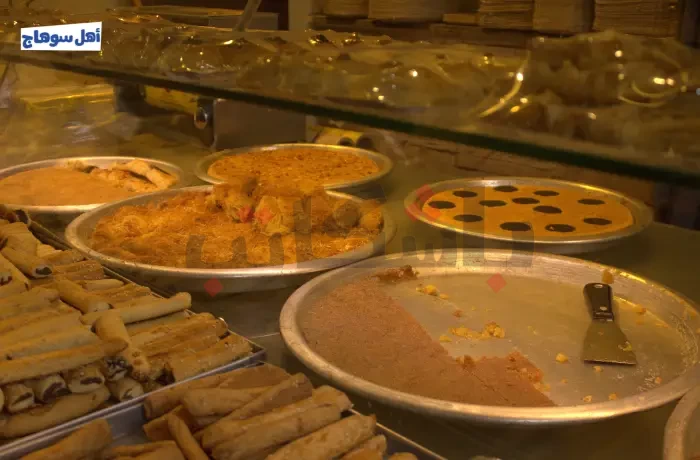Residents of the villages in Sohag governorate were outraged by the frequent water outages recently. These outages were attributed to the so-called “winter blockage” and were expected to end once the blockage was over. However, the reality turned out to be different.
In January, the Sohag Drinking Water and Wastewater Company announced its preparations to manage Nile surface water during the winter blockage period, which lasted from January 9th to February 7th. This blockage caused water outages that persisted even after the winter blockage had ended.
Water blockage is an annual procedure implemented by the Ministry of Water Resources and Irrigation since the establishment of the High Dam, aiming at carrying out maintenance and development works on irrigation and drainage networks, as well as the Nile and its branches. During this period, there is a significant reduction in water levels.

The company specified areas mostly affected by this blockage, which are eight areas in Sohag, 10 in Akhmim, 2 in Monsha’a, 7 in Gerga, and 1 in Dar Al-Salam.
The company clarified that there are several solutions for such a problem, among them operating "artesian" water stations as an alternative to the stations affected by water shortage in Nile and canals. Also, facilitating clean drinking water trucks to the affected areas, and receiving complaints from citizens via the hotline.
However, the residents continued to suffer from the water outage, and these solutions did not offer any relief. Despite the end of the blockage period, the water outage persisted.

Roqaia Kamel, a resident of Akhmim affected by the outage, complains that her house has been without water since the beginning of winter, even after the winter blockage ended. She uses a motor to increase water pressure and a filter to reduce pollution, as water only returns from noon until sunset and is severely polluted.
Roqaia explains that the motor is essential year-round due to consistently low water pressure. “We need these alternative solutions more than ever now, which negatively impacts us. The electricity bill is quite high, and we have to replace the filter candles more frequently.”
“I feel exhausted during the whole period of this winter blockage, as I keep storing water to use. I have small children that continuously need cleaning up, so I’m forced to heat the water before using it,” said Rahma Khaled, a housewife from Al-Mahameda.
She explains that water outage occurs in January and lasts for 40 days, as water cuts all day long and comes back at midnight, then goes out again at dawn, which forces her to wake up to store water.

The water outage has increased her electricity bills as she is forced to store water for longer periods, creating a financial burden. Roqaia urges the government to find a quicker solution to the problem and limit water cuts to the winter blockage period only.
Farmers are also affected by the recurrent water outages, which impact their crops. Mohamed Ali, a farmer in Al-Mahameda, explains that during the winter blockage period, his crops suffer because water is cut off during irrigation times.
“I am forced to irrigate the corn crops before the winter blockage period, then wait until it passes to irrigate the crops again. We need a clear schedule for water outage so our crops won’t be affected by it,” added Mohamed.
Osama Salah, a farmer from AL-Monsha’a, confirms that there is no clover yield this year, due to not irrigating it for more than a whole month, “I could do nothing but wait, for there were no support from the artesian stations and there were maintenance works in Al-Fouadia canal.”

He explains that Al-Fouadia is the main canal farmers rely on for irrigating their crops during the winter blockage period. He notes that the crops most negatively affected were potatoes, garlic, tomatoes, with clover being the worst hit.
We laid all complaints between the hands of Mohamed Hamdy, the occupational health and safety officer at the Maragha branch of the Drinking Water and Wastewater Company in the governorate, who confirmed that all preparations are made in the company before the winter blockage, and a clear plan is set to feed the harmed areas through the artesian stations.
“In the rare instances where people do not receive adequate support, they simply need to submit a complaint, and water trucks will be dispatched to them immediately. The hotline is available for any follow-ups. Additionally, the company has devised a plan to replace and renew the networks throughout the entire governorate for the public good,” he added.
At the same time, Kolthoum Ahmed, one of the residents in Abu-Hamada hamlet, confirms that there are no alternative nor cars that reach them during the water outage period after the end of the winter blockage, “water used to be out for 3 hours during the day and 1 hour at night, making life difficult and hindering me from completing my house chores. We can’t store water when the service resumes because it comes back polluted, and we rely on the motor to draw water, if it’s available.”
A lab technician in the Drinking Water and Wastewater Company in Sohag -refused to give his name- revealed that the reason behind this crisis is the difference in the level of water withdrawal from the intakes, "which is the point of withdrawal of water from the waterway."
“During the winter blockage period, the water level drops, and when the artesian stations are activated, the difference in water pressure compared to what the network is used to, can cause breakages due to the pressure variation within the system,” explained the technician.
